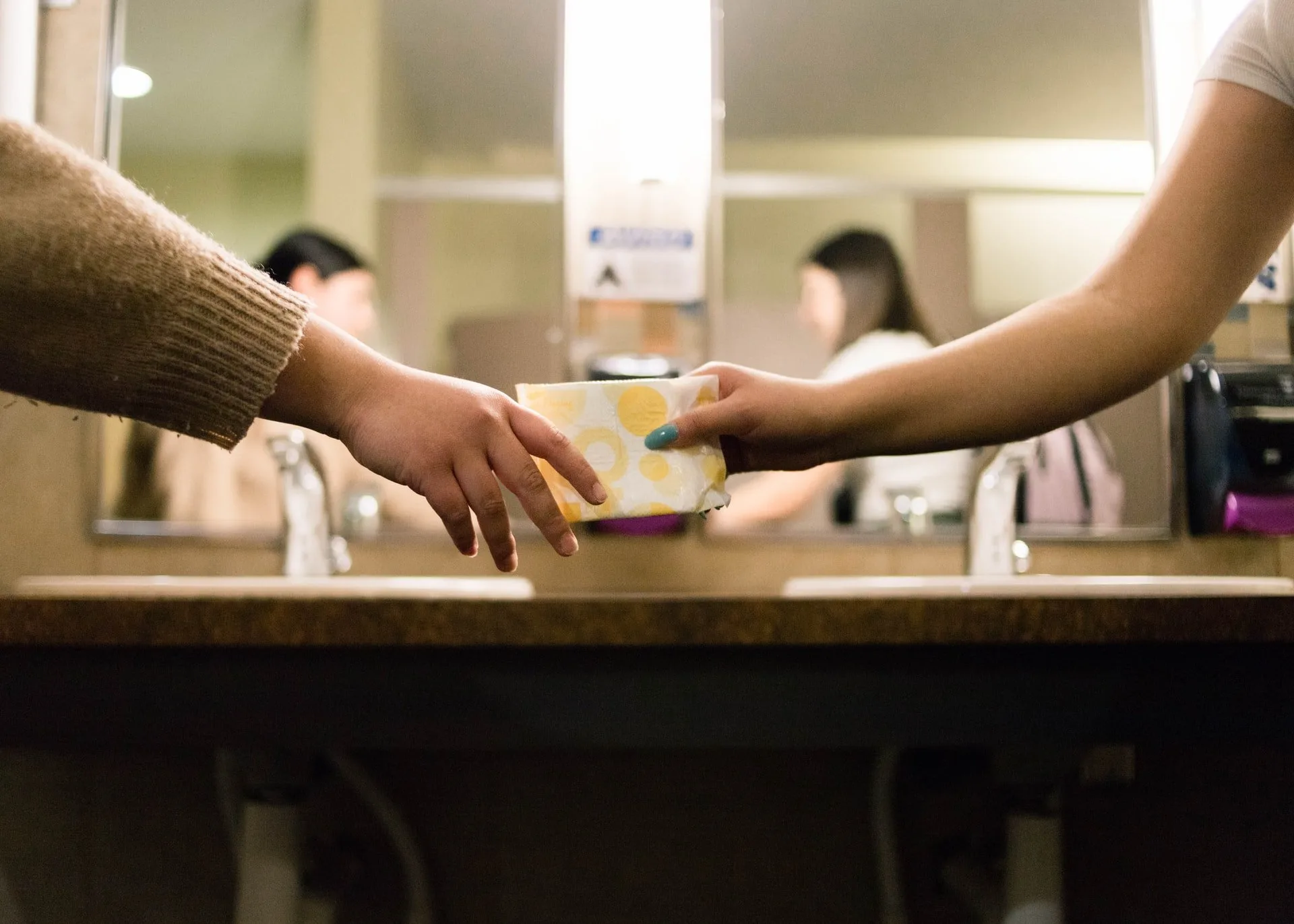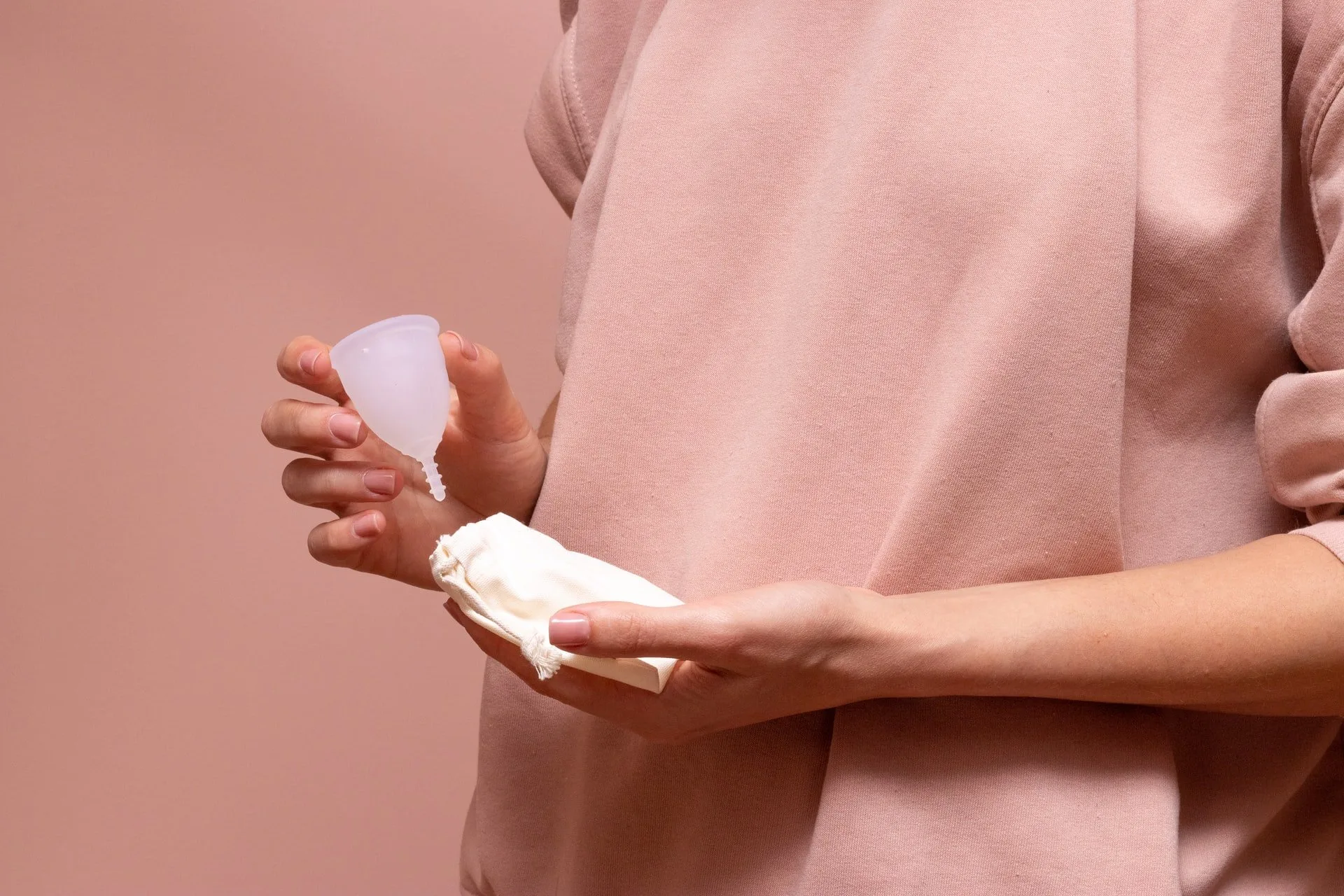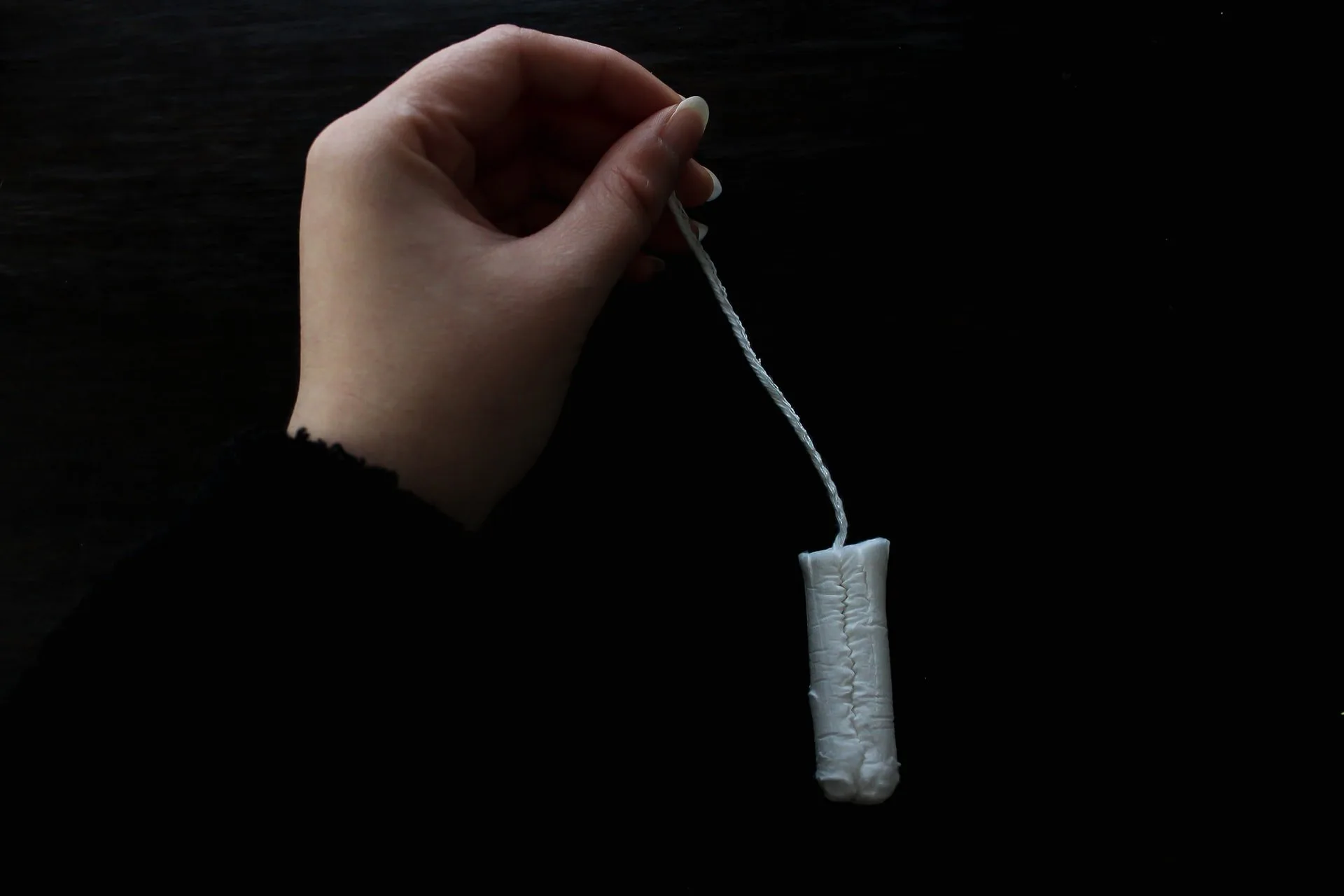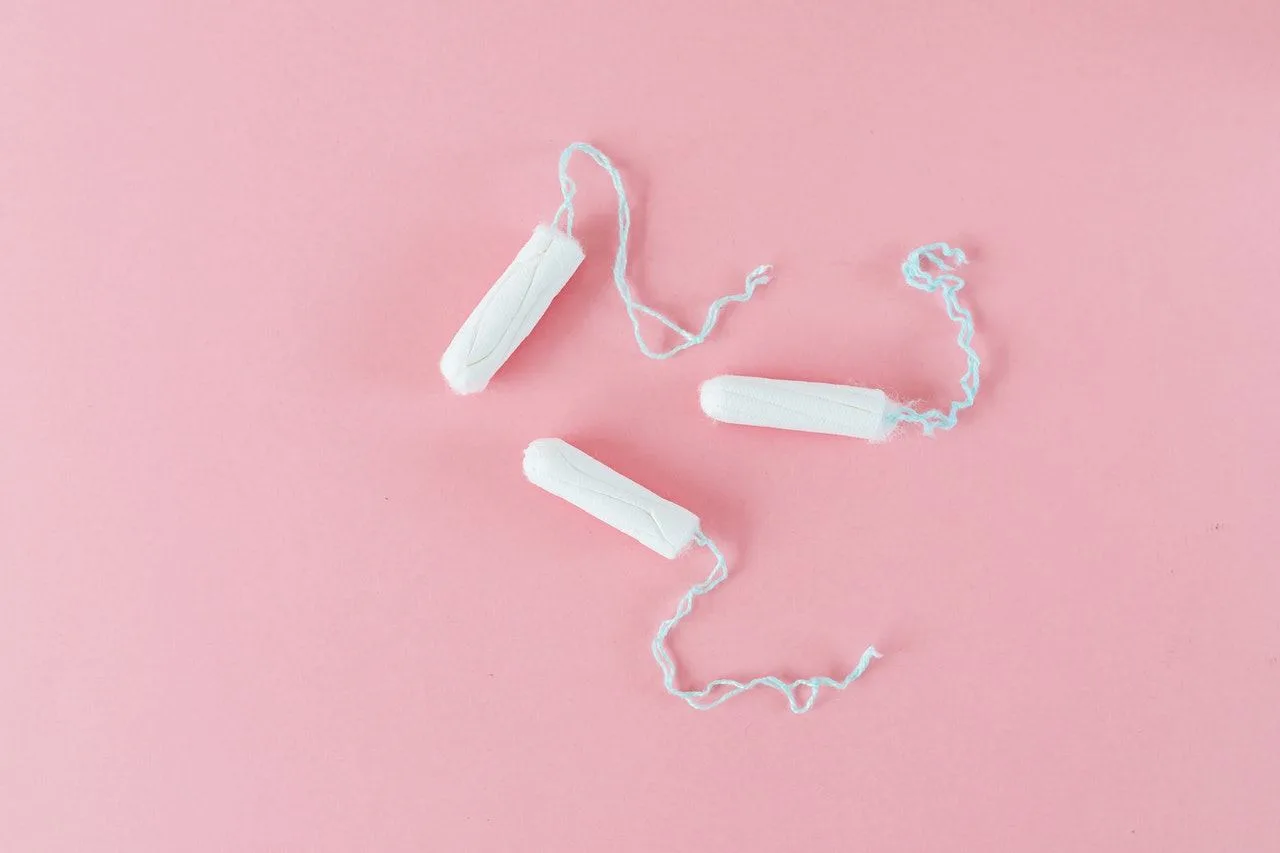As if we needed another shortage crisis on our hands. If you’re part of the 70% of menstruating people in the United States that use a tampon, you may have noticed that this hygiene product seems to be running scarce. Similar to the baby formula shortage, it seems that rising costs, COVID-inflation and low stock has caused another essential care shortage.
The Tampon Shortage – What We Know
Andre Schulten is the chief financial officer of Procter & Gamble, the manufacturer of Tampax, one of the biggest tampon companies in the country with sales of 4.5 billion boxes globally each year. Speaking to The New York Times, Schulten revealed that the acquisition of raw materials like cotton and plastic, which are necessary components in the manufacturing of tampons, has been “costly and highly volatile”. This may be why the price of tampons, per Bloomberg, has increased by nearly 10 percent since the start of the year.
Can I use an old stash of tampons?

Due to the shortage, you might be thinking of rummaging though your bathroom cupboard for an unused box of tampons. Tampax does mark its tampons with a shelf life of three to five years.
According to Procter & Gamble, is the “time period during which a product is expected to meet our high standards for quality” – as long as it’s stored in a cool, dry place.
So, if you do find an old box whose shelf-life has yet to expire, just make sure that the tampon wrapper is intact. You should also ensure that the tampon is still well protected because the last thing you want is to get an infection.
Sustainable Menstrual Cycles
Yes, the tampon shortage is, stressful. However, this can also be an opportunity for one to discover alternatives when it comes to their menstrual health. After all, tampons due contain synthetic fibers and they do use plastic, so they’re not exactly the most sustainable option.
So, if you’re looking to stay afloat during the tampon shortage, then here are a few eco-friendly menstrual products.
1. Eco-Friendly Pads
Like tampons, pads are one of the most commonly used menstrual products. While pads have been seen as unsustainable options in the past (research found that a single pad can take 500-800 years to decompose), there has been a growth of eco-friendly pads in recent years.

Photo by Annika Gordon on Unsplash
Organic pads, such as the Rael Organic Cotton Cover Pads, are often made out of organic cotton and they are free of harmful herbicides, insecticides, and pesticides. That said, it can still take around 18 months for them to fully decompose.
If organic pads aren’t for you, you can also try reusable pads, like the Hesta Reusable Pads. Made of cloth, reusable pads can last you up to five years and they’re much more sustainable.
2. Period underwear
Another more sustainable option is period underwear. Made of absorbent materials, period underwear, like the Bambody Absorbent Panty, can be worn all day, and you can just throw them into the wash once you’re done. While you will require more than one pair, the cost of it will definitely be cheaper than tampons.
3. Menstrual cups
Seen as the best alternative to tampons and pads, more and more people are looking for menstrual cups, like the DUTCHESS Menstrual Cups. These cups are made from soft, medical-grade silicone, and are free of phthalate, latex, dioxin, fragrance, and BPA.
According to a study published in Resources, Conservation and Recycling menstrual cups are estimated to have less than 1.5% environmental impact of disposable menstrual products and, with the proper care, can last up to five years.
As you need to place it over your cervix, finding the right menstrual cup can take some trial and error. Yet, once you get the hang of it, you may refuse to use anything else. In fact, The Lancet found that leakage with menstrual cups is similar to or lower than what women experience with pads or tampons.
*While there is a potential link between menstrual cup use and IUD displacement or expulsion, more research is needed before coming to a definite conclusion.

Photo by Oana Cristina on Unsplash
4. Free bleeding
It is exactly what it sounds like. Personally, we think it’s best to leave this option to those with a lighter-than-air flow. For some, this could be towards the end of their menstrual cycle. But for the lucky few, this could refer to the entirety of it.
If you’re worried about stains, it may be best to wear a dark pair of underwear.
Are tampons a pre-COVID idea?
No, not at all. A representative for Procter & Gamble told The New York Times that the company was working with retailers to maximize availability, stating that “We can assure you this is a temporary situation.”
That said, the manufacturer did not offer a more specific timeline.
Until then, we advise making your way through the health aisle and finding the best option for your menstrual health.

Photo by Gabrielle Rocha Rios on Unsplash
References
Hait, A., Powers, S. (2019). The value of reusable feminine hygiene products evaluated by comparative environmental life cycle assessment, Resources, Conservation and Recycling, Volume 150, 104422, ISSN 0921-3449, https://doi.org/10.1016/j.resconrec.2019.104422.
van Eijk, A. M., Zulaika, G., Lenchner, M., Mason, L., et al. (2019). Menstrual cup use, leakage, acceptability, safety, and availability: a systematic review and meta-analysis. The Lancet. Public health, 4(8), e376–e393. https://doi.org/10.1016/S2468-2667(19)30111-2





![women [longevity live]](https://longevitylive.com/wp-content/uploads/2020/01/photo-of-women-walking-down-the-street-1116984-100x100.jpg)









